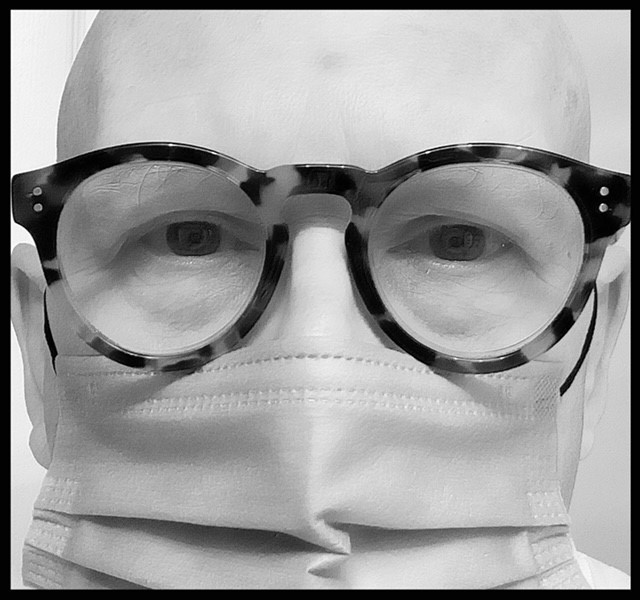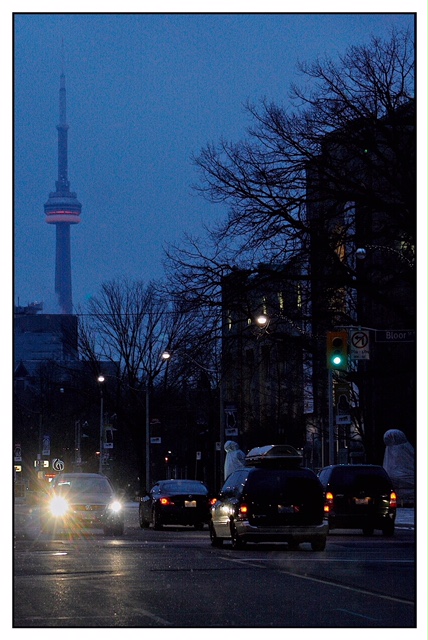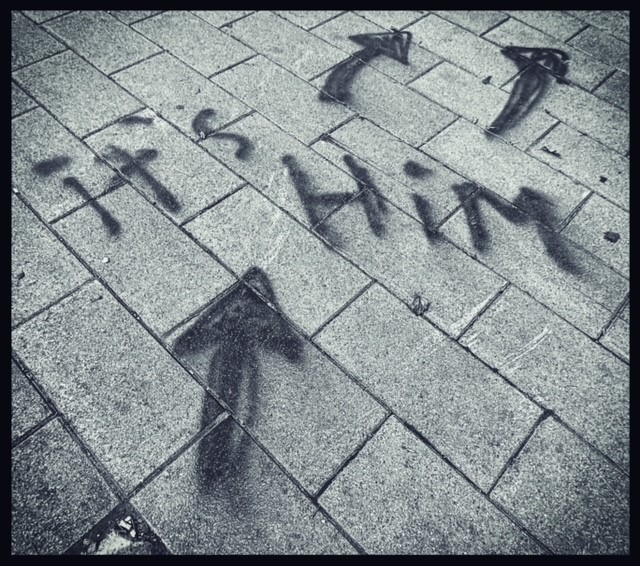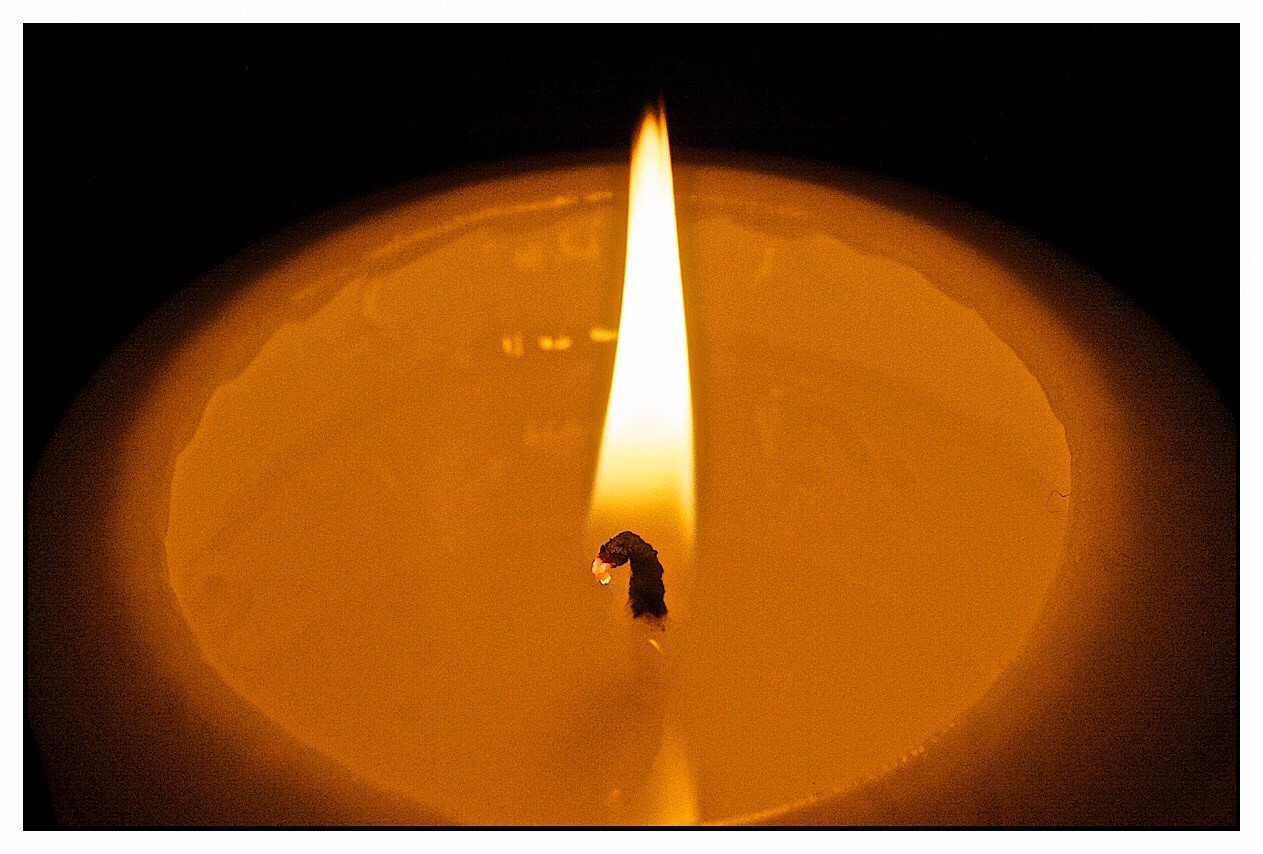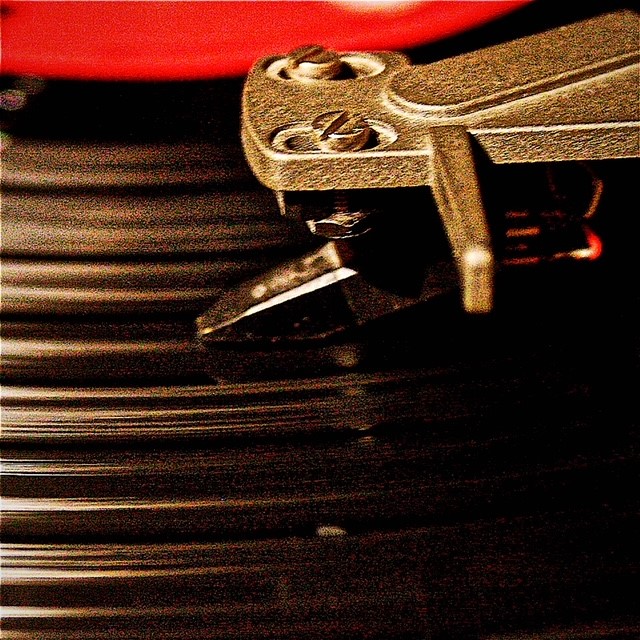COVID-19.
We know what we know, can’t make much sense of what we don’t understand, and find it difficult to keep up with all the shifting information that flows our way.
Some of it is true; a lot of it is nonsense.
We only know what we want to know, and we tire of the ebb and flow of statistics.
The numbers are going up. Again.
Pandemic fatigue.
Second wave, third wave, fourth wave, fifth; where are we now?
Confused?
Twenty-one months in, do we really know?
Did we think it would take this long?
And, now there is a new variant with both its danger and its doubt.
How are we to know?
What is safe?
What is normal? What is right?
First shot, second shot, three shots; will we need more? In Canada, the first vaccine was injected one year ago. Since then, millions and millions of people have been vaccinated.
We have become accustomed to our habitual mask.
We still wash our hands diligently and sanitize when we can. We know we must.
We move cautiously, but freely, but only to an extent. We don’t know when it will get better and realize it might get worse.
This is where we are today.
What about tomorrow?
-
Where Are We Now?
-
Always
Your whisper fair warns us, yet still
we are surprised. The calendar’s last page,
and we are left feeling more. Always.
Winter: a beginning comes near the end,
while the end craves new beginnings.
The longest season, physically, or
spiritually. Consistency, year over year,
over year, from one into the next.
Cold, as it is darker. Light is appreciated,
and necessary. We grow up knowing,
the facts of this season. Always,
our lives marked by winter.
Time, and years, have become forgotten,
but we are reminded. The soil
and silence, frozen. Our insular existence,
non-secular pain, wind-chafed emotions,
a reminder again. We desire
a warm touch; December, January or
otherwise. Hope, as with autumn’s last leaf,
dangling in a greater stillness.
A confessional. Always. Dormancy
until early spring, what we allow or when
we embrace. Silence. Darkness.
We need not be surprised.
Impulse knows. We have been here before.©2017 j.g. lewis
-
Who?
A day never goes by without judgment.
Honestly.
Responsibility denied,
so who is to blame?
No matter.
No reason.
No accountability, no name,who is to say?
How are you to know?
Self-doubt.
Self-sufficientor selfish.
Any way you look at it.
It’s him.
Apathy or fear?
Look in the mirror.
Look deeper.
What do you doubt? Who?
@ 2021 j.g. lewis
-
Charity Is A Personal Thing
We are entering the season of giving and, with that, increased annual charitable appeals.
Wherever we are, in all directions, we can look around our communities and see the obvious needs, in so many forms. Society is best measured in how we care for those who cannot care for themselves, and we respond with our time or money.
It is both admirable and appreciated how we give and to which causes, organizations and issues. A contribution is the match that lights a candle and allows hope to burn and radiate. Enjoy the glow. Feel the warmth. Share the light.
I’m humbled to say I give when I can, consistently. I give selflessly and without expectation. It is a value I treasure; a practice I learned and saw demonstrated by my parents. We were fortunate. I was fortunate to have learned this lesson early in life.
Charity. Empathy. Dignity. Respect.
I’ve taken on causes, supported groups and issues, and have seen the results of my giving. I have appreciated being part of a group whom, many times, I had little in common with except we all saw the worth in giving our time or money. That was my reward; seeing some results.
Charity is a wonderful thing.
I was recently notified of the launch of an annual corporate giving campaign I have belonged to for years. We all know a large workforce can raise a great deal of money, very quickly, through focused application. It is a good thing to give as a group.
But what happens when a campaign begins to seem less about giving and supporting a community, and more about promotion of a corporate entity and the benefits it provides within that community?
The emphasis is less about the good it does, and more about being good for business.
A corporation and its attempts to foster giving, to encourage philanthropy, is to be respected.
Charity is a good thing, but the moment it turns into a “look at me” or “look at us” initiative, the lustre is scratched off the patina. Charity should be felt, acknowledged, and furthered, yet a certain value is lost when an initiative or endeavor becomes boastful.
The expectation of recognition, even gratitude, for a donation negates the true purpose of charity. True charity is anonymous.
Silent charity is self-sustaining. It does not require promotion, endless reminders, or pressure. It is organic; both giver and receiver benefit. Charity is a personal thing.
Personally, I can’t support an appeal where the larger focus is on something less than the act of helping fellow human beings. When a charitable act becomes a number, sum, or price tag, the humanity is removed from the equation.
I don’t expect anything from a donation, other than feeling or knowing my contribution helps further a cause or group I believe in. I will contribute to give in my own silent way, each year contributing a little more than the year before, and I will do it directly. I simply, morally, or comfortably cannot support something that makes the giver a bigger focus than the giving.
I encourage you to look at where your charity flows.
Give. Oh yes, give; consciously; as generously as you are able, and as humanely as possible. Enjoy the spirit of giving, and enjoy it selflessly.
© 2018 j.g. lewis
“I have found that among its other benefits, giving liberates the soul of the giver.” -Maya Angelou
-
How You Hear It
I dropped into a record store the other day, as I am prone to do, for no particular reason other than looking around and listening. This has been a habit of mine for decades.
I’m always on the search for new music, or I’m searching for five or seven particular albums that I have on a mental list: albums that need to be heard, or replaced, or rediscovered. Yeah, yeah, I know; I could probably spend a few hours online to find those exact titles I am looking for, but it goes against my nature (and this habit I’ve developed over the decades).
I simply love the tactile experience of shopping for music. There is a thrill in flipping through the bins and being reminded of certain artists or certain songs.
I will admit I am especially fond of (even obsessed with) vinyl. I’ve got thousands of records, even after culling, selling, or passing on to my daughter (who has been genetically predisposed to my condition), but I also have boxes and boxes of compact discs I listen to frequently.
In walking about the record store, I came across a young couple that had recently bought a turntable and were beginning to build a record collection (as seems to the fashionable thing to do these days). These were members of a generation even younger than my daughter, a generation who grew up with the compact disc, the MP3 player, and then streaming. I’ve got compact discs older than they were.
Then I heard one to tell the other how much “better the music sounds on vinyl”.
Given my druthers, I will admit my preference is for the classic 12 inch 33 1/3 LP, but it is not as much about the sound as it is for the packaging.
The album cover — the paintings, illustrations, and the photographs — allowed you to hold in your hands a piece of art with history and lyrics, liner notes you could actually read (unlike the microscopic text on a CD sleeve).
But I will argue that when it comes to music, the media or method of listening matters far less than the song itself.
Music appeals to the senses, not just the sound. Listening engages a sensory perception as much as memory recognition.
It’s not so much about how you hear it.
Many of my all-time favorite songs I first heard on a transistor radio, or the dashboard delight of my parent’s car.
The Doors song Riders on the Storm, on compact disc, or re-mastered vinyl still does not sound as good as it did in my Dad’s station wagon on a rainy night of driving on a summer vacation in 1972.
Or listening to Rush on a friend’s 8-track on the drive to high school. I’ve listened to earsplitting heavy metal on a crappy stereo at mind-numbing volume, and through the tape hiss and crackling speakers it still sounded damn amazing.
I’ve been collecting records since I was 12. I have since replaced Alice Cooper’s Killer with a re-mastered issue on 180-gram vinyl and, like everybody else, first replaced many of my early album favorites on compact disc when that media came alive in the mid-80s.
And yes, I lived with the bright, crystal clear (yet compressed) reproduction of the sound and enjoyed the convenience of the shiny silver disc in the car and at home. Quite frankly, I truly enjoyed not having to get up from the sofa every 21 or 22 minutes to flip the record over.
I also enjoyed the convenience of listening to cassettes in my Walkman or in the car. Come to think of it, much of the music I listened to in my early life blared from a magical cassette system in my Subaru, where album after album, or song after song, had been diligently recorded onto the convenient 90-minute tapes (remember those mixed tapes we used to make?).
But I’m still not sure I can fully endorse one method of listening over another.
There is so much memory attached to many of our favorite songs; where we were, whom we were with, and the reminders of the concerts and clubs we saw those bands at; all important details in the life of a song. The greatest music is etched into our soul.
I love the snap, crackle and pop on some of my vintage vinyl as much as I thoroughly enjoy the complete playback of an album that is allowed with a compact disc. Actually I prefer my classical music on CD (even my jazz) because of the clarity and dynamics.
Still, you have to admit there is that certain satisfaction with the time-tested turntable. Perhaps it’s the excitement (or is it anticipation) that builds up in those seconds between the needle dropping on the record’s groves before the guitar chords of that one particular song or album brings it all to life..
I won’t say that music sounds better on vinyl, perhaps it just sounds more authentic.
